Portugal's First Conquest
Ireland, On This Day, Sweden, & Kuchisabishii
BOC#036
4 MINUTE MUNCH
TITLE PIECE: HOW PORTUGAL CONQUERED CEUTA:
In 1415, having won independence from Castile (modern day spain), Portugal found itself enduring a period of prolonged peace. With the Portuguese princes sat idle, the search for a new project sizzled in the cauldrons of imperial ambition. Ceuta, a small mediterranean port on the Moroccan coast appeared to be the perfect target. The fortified port-city had served as a trading hub that funneled the shipments of Moroccan wheat destined for Europe, as well as gold, silver, ivory and slaves from the Muslim kingdoms of the Sahel (Africa).
Seizing Ceuta would promise the Portuguese crown control of key trading routes, as well as a point of launch for a crusade by which to vanquish the ‘Muslim infidels’ that lurked across the Mediterranean. For several years in the run up to 1415, King John of Portugal set about building a fleet capable of the ambitious maritime exploits that would see Portugal compete for its place as a global economic powerhouse.
With the possibility of Castile (Spain) coming to the aid of Ceuta, and the financial strain of the Portuguese war for independence still overshadowing Portugal’s potential exploits abroad, the king’s advisors knew the plan was somewhat ambitious. King John of Portugal’s third surviving son, Prince Henry, was in favour of an invasion; after all, he knew that he’d never inherit the Portuguese throne, and saw the prospect of occupying a Muslim port as an opportunity for fame and fortune.
Henry did well to convince his father to allow him to prepare and execute the coming invasion in spite of the many concerns that he was ‘too young’ and ‘lacked the necessary experience’.
Alas, Henry managed to raise the largest flotilla Portugal had ever known. Estimates suggest the inclusion of 59 war galleys, 63 transport vessels, and 120 other craft carrying some 19,000 men.
On July 26 1415, the expedition set sail for Lisbon where King John unveiled the otherwise secret plan to sail for Ceuta. Their approach didn’t go unnoticed, and as they approached the Moroccan coast, the alarm was soon raised. Ceuta’s governor Salah bin Salah turned to his kingdoms for reinforcements, but having seen the Portuguese turn away owing to stormy weather conditions, Salah soon dismissed his reinforcements. Predictably, this turned out to be a costly blunder for the Muslims as the Portuguese returned in full force once the weather had cleared.
Henry led the raid, but his enthusiasm only drove him into the abyss. He found himself lost for several hours, but soon returned to play a key role in the assault. A mere thirteen hours later, the conquest was over with the corpses of Ceuta’s defender’s piled up in mounds. By contrast, the Portuguese invading forces lost a mere eight lives.
It didn’t take long before Henry’s men seized the city’s mosques, most notably the Great Mosque of Ceuta which was converted into a church, and later demolished to make way for a cathedral.
The invasion saw the looting of jewelry, tapestries, silks, brass, spices, gold, silver and a multitude of other riches that the Portuguese deemed worthy of pillaging. King John subsequently claimed Ceuta for Portugal, posting a troop of 2,500 men to preserve his newly acquired asset. The newly appointed governor of Ceuta was Pedro de Menezes who reported directly to Henry himself. Henry it seemed, had made a name for himself, becoming the head of a new Portuguese territory abroad.
Ceuta thus became Portugal’s first acquisition on the road to building an empire that would go on to span from Brazil to Africa, and on to the Far East.
Henry the Navigator, as he became known, was the first cousin of the English king, Henry V, who in October of the same year, won the infamous battle of Agincourt that saw the English defeat the French in a battle that would go on to be immortalized by Shakespeare in his play Henry V.
Henry the Navigator was a key figure in the early expansion of the Portuguese empire, and following the conquest of Ceuta, turned his sights to the Atlantic where he went on to discover Madeira. The island had in fact previously been discovered by the Italians who saw no value in it, but the Portuguese saw the trees for the wood. So dense were the islands forests that the island was subsequently called ‘Madeira,’ meaning wood in Portuguese. The sap of the island’s dragon tree was extracted for use in dyes and medicines, while grapes and sugarcane were transplanted from Crete and Sicily which saw the island become a major exporter of wine, sugar and wood, and a valuable cog in the Portuguese economy.
Henry’s exploits also saw the Portuguese go on to claim and populate the islands of the Azores, and further explore the Atlantic and the west coast of Africa.
DID YOU KNOW…
🇮🇪 The green of the Irish tricolour signifies Ireland’s Catholics, the Republican cause and revolution, orange represents Ireland’s Protestants, and the white separating the two colours hope for peace between them.
ON THIS DAY: 8TH SEPTEMBER:
London was hit by its first V-2 missile today in 1944. Launched by Nazi Germany, it was the world's first long-range guided ballistic missile. The weapon was the brainchild of Nazi scientist Wernher von Braun who surrendered to the Americans in the Austrian Alps in 1945. He spent the next 15 years working for the U.S. Army’s guided missile programme, and eventually became the director of the NASA Marshall Space Flight Center where he was chief architect for the superbooster that would send men to the moon.
The Oprah Winfrey Show aired for the first time today in 1986. It ran until May 2011.
The English Football League (EFL) began today in 1888. Accrington, Aston Villa, Blackburn Rovers, Bolton Wanderers, Burnley, Derby County, Everton, Notts County, Preston North End, Stoke, West Bromwich Albion and Wolverhampton Wanderers all played 6 matches across northern England. Preston North End became the very first winners of the league.
Photo: On Sunday 3rd September 1967 Sweden switched from driving on the left hand side to the right-hand side, a day known as Dagen H (H-Day). Some 350,000 road signs had to be replaced. Swedes began driving on the right-hand side of roads at precisely 5am following a radio countdown.
WORD OF THE WEEK:
Kuchisabishii
口寂しい
A Japanese word that describes the feeling of eating something not because you're hungry, but because your mouth feels empty or bored.
MISSED LAST WEEK? Read Here: Hitler's Pope — How Pope Pius XII aided Hitler
[Links marked with * are affiliate links]



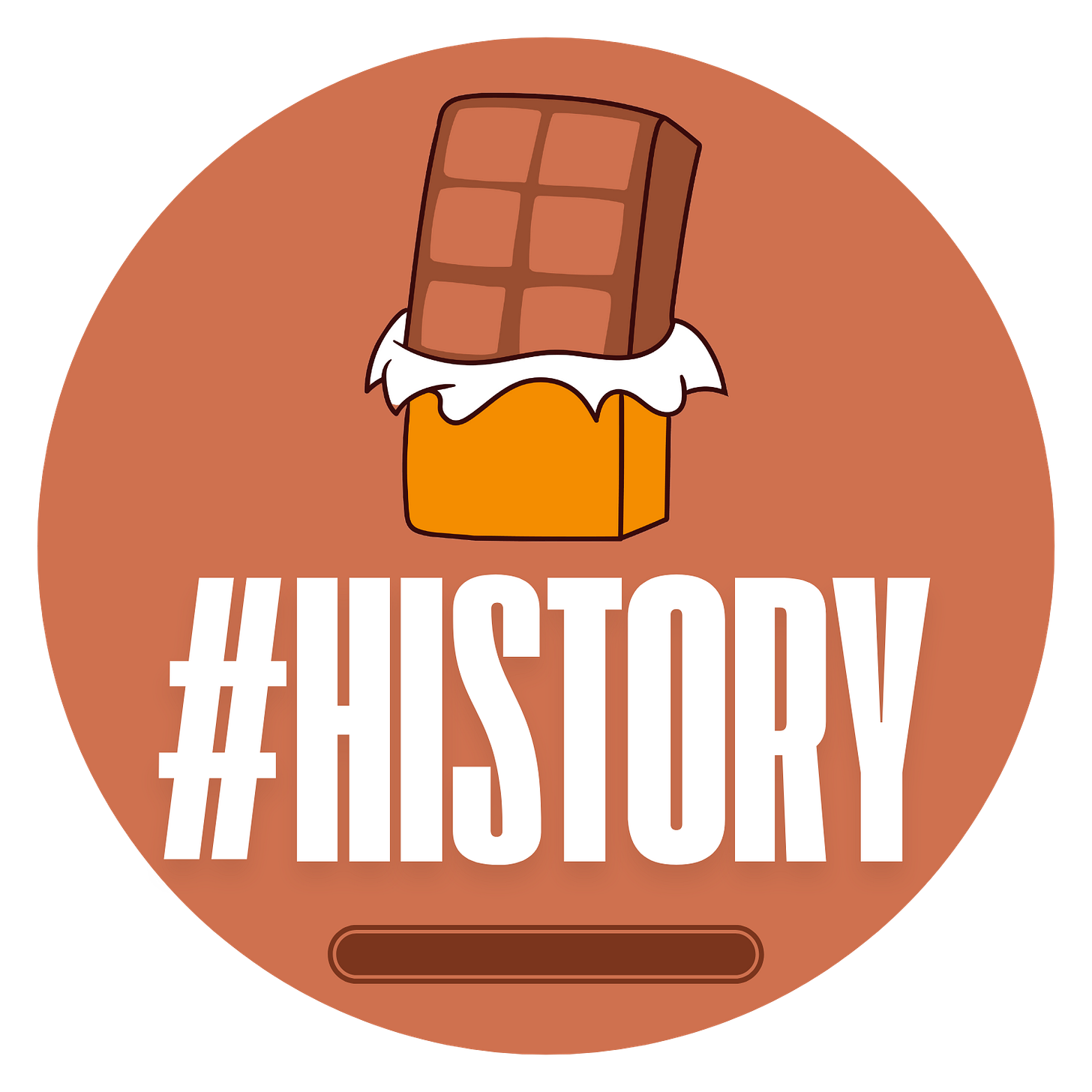
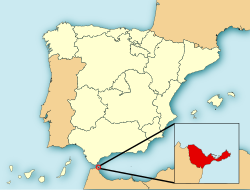
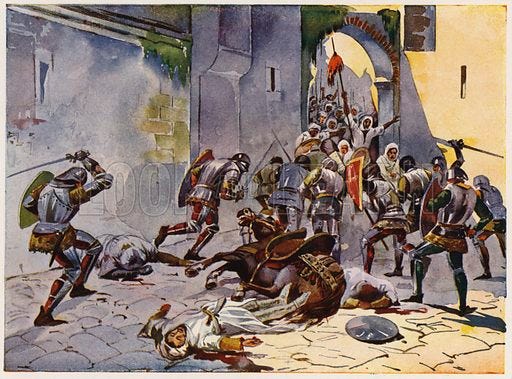

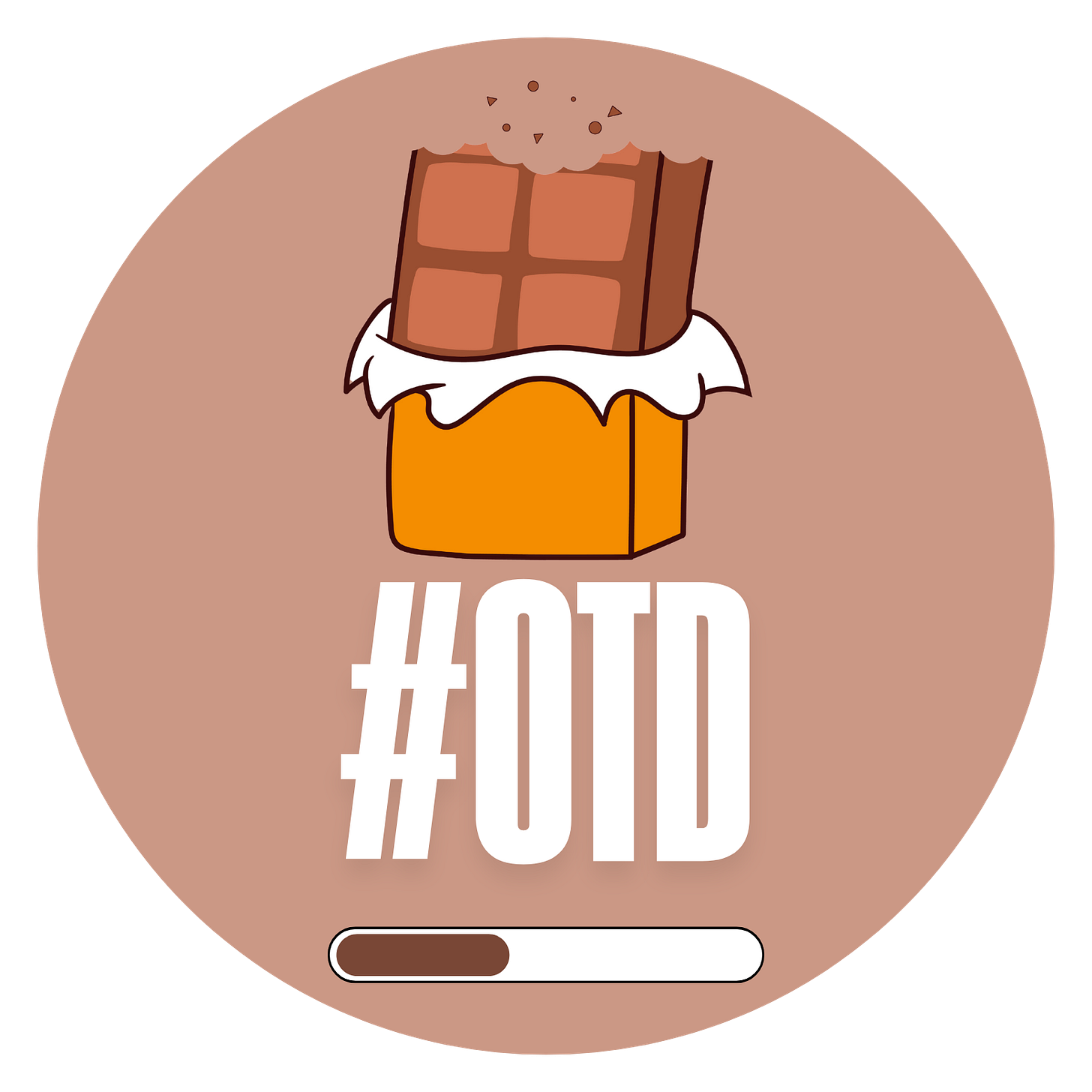

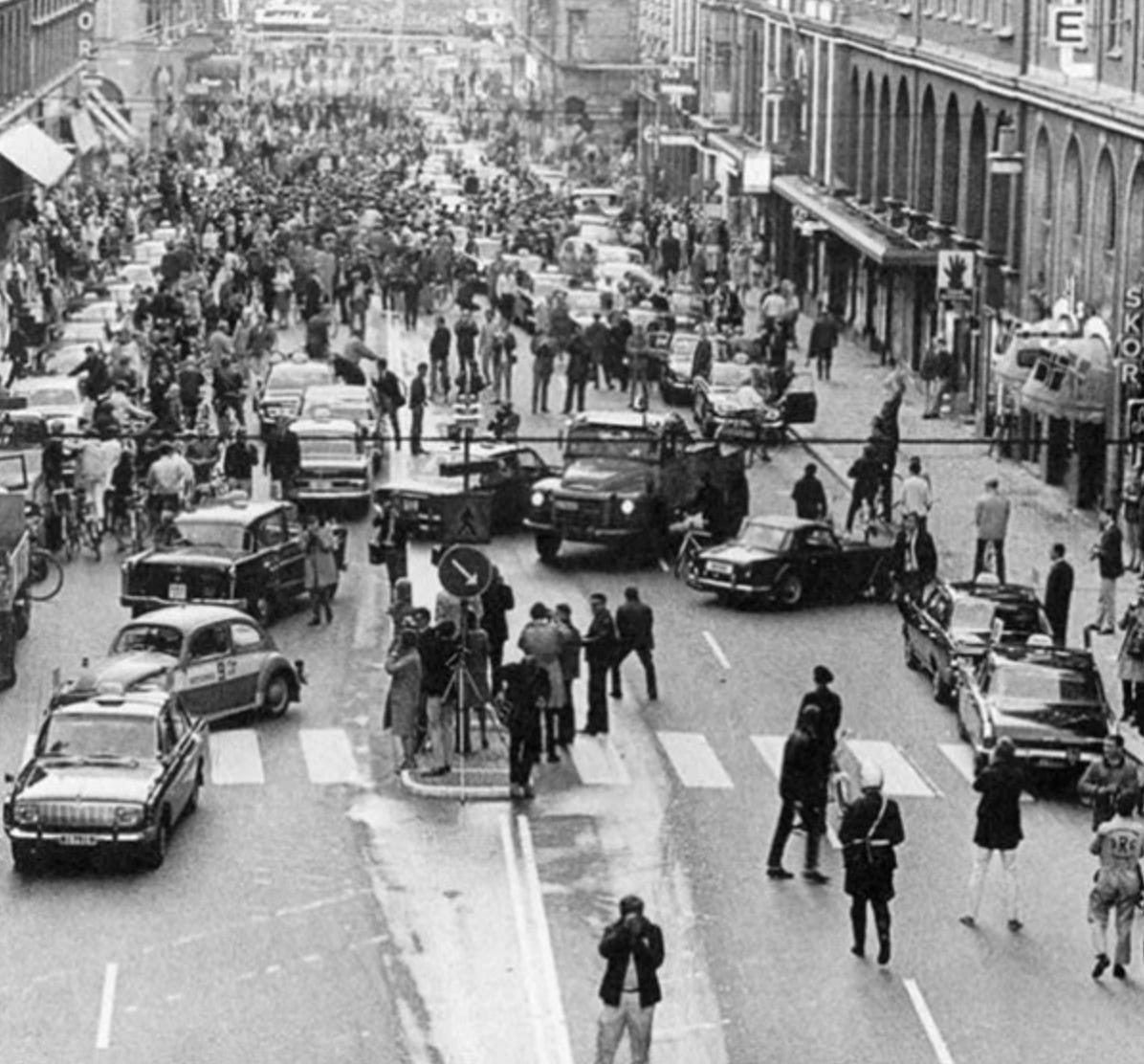
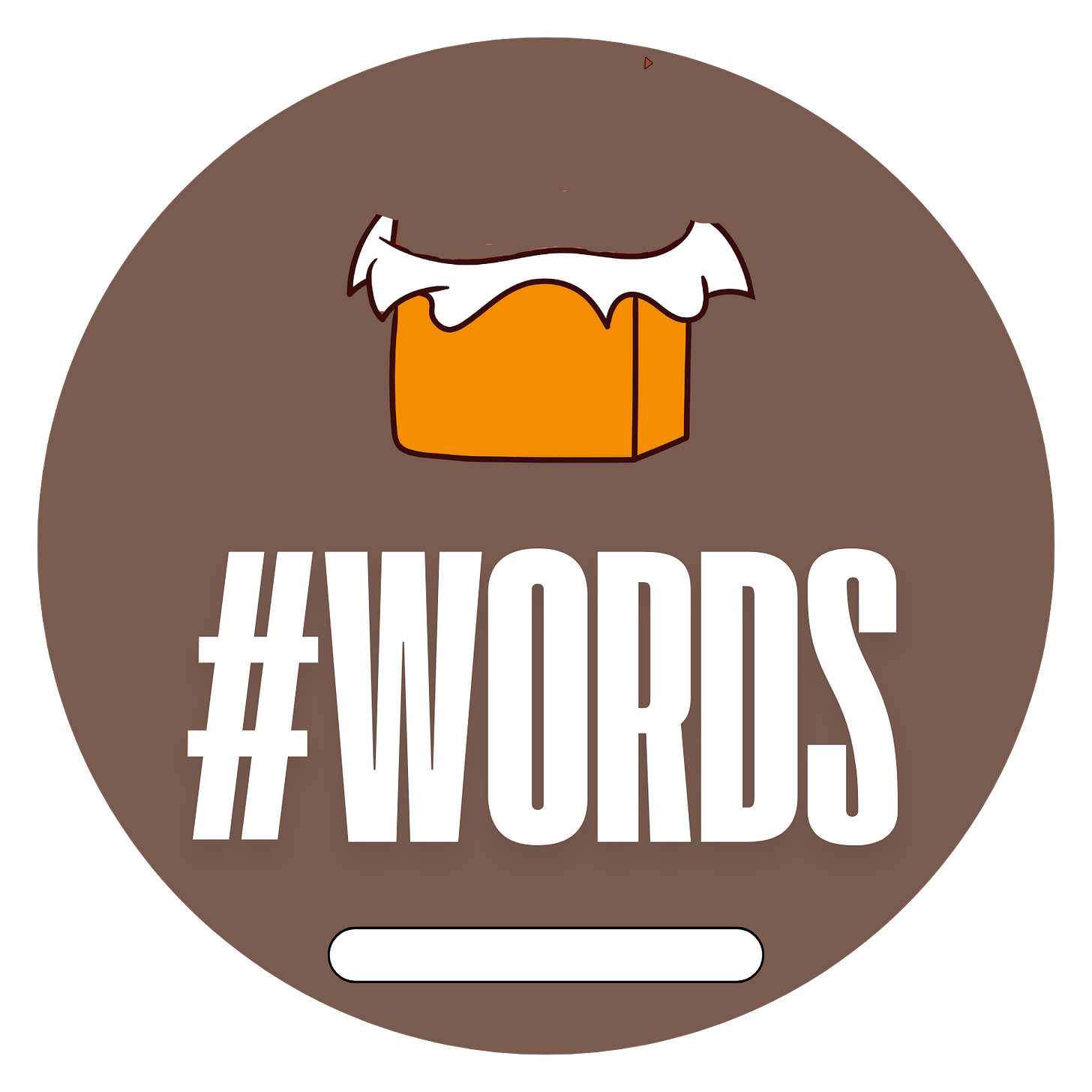


I still find it crazy that Spain has held on to Ceuta and Melilla. At some point, it seems like the waning of colonial ideology would've ceded those areas to Morocco. I also find the area of Llivia very odd. A little island of Spanish territory surrounded by France. Thanks for the articles! I prefer your writing to the work i am required to read!
Much appreciated! What are you required to read?
Yes, you do wonder, but I think a lot of these places are on the precipice in many ways. They're preserved by referendum, take Gibraltar and the Falklands for example. If the people are happy with the rule, they ultimately have the final word.